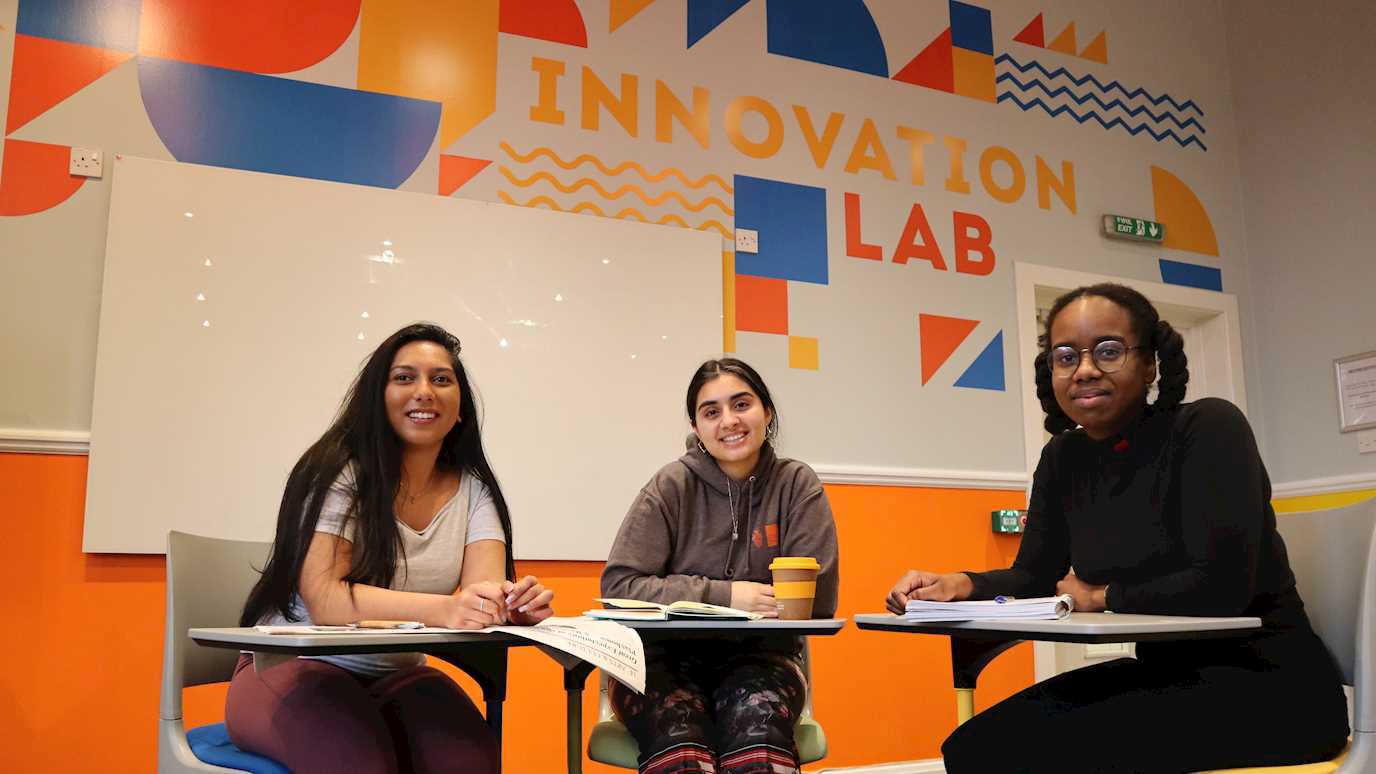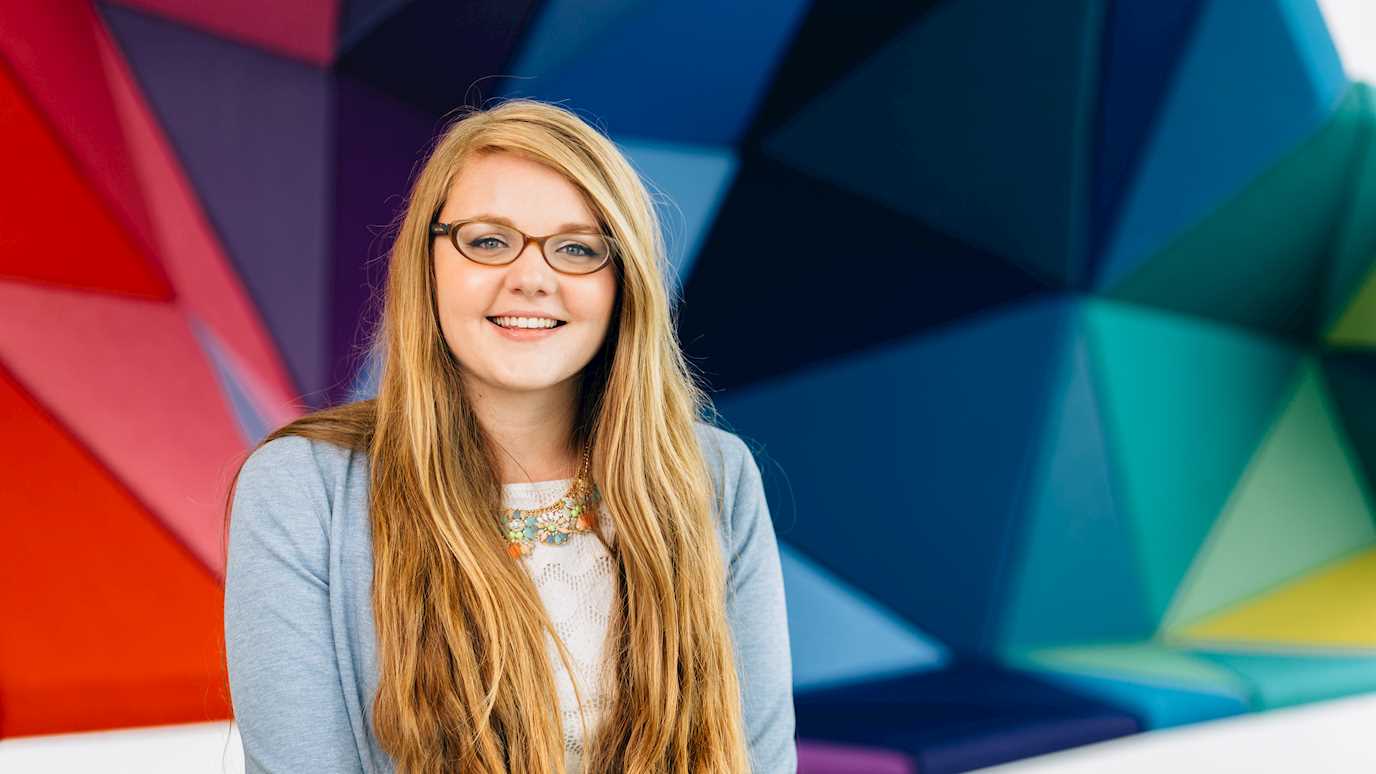“When they enter, we all enter.” This is how Kimberle Crenshaw ended her classical article “Demarginalizing the Intersection of Race and Sex” (1989) three decades ago. As we have entered a new decade, the 2020s, the question is as vital as ever: Which voices do we include, and who do we exclude when we create our canons within the academy?
Location: Bedford Square 0-03
Intersectional Academy: Deconstructing the Colonial Narratives
Abstract:
“When they enter, we all enter.” This is how Kimberle Crenshaw ended her classical article “Demarginalizing the Intersection of Race and Sex” (1989) three decades ago. As we have entered a new decade, the 2020s, the question is as vital as ever: Which voices do we include, and who do we exclude when we create our canons within the academy? In this presentation, Dag Herbjørnsrud will discuss some of the voices that can make a more intersectional academy possible: Gargi and Maitreyi from the Upanishads; Ban Zhao from China; Aishah Al-Ba’uniyyah from Damascus; Sor Juana from Mexico, Nana Asma’u from today’s Nigeria; and Phillis Wheatley, Ida B. Wells, and Audre Lorde. Why are some voices lost within today’s main narratives? What is the connection to the colonial legacy? What tools can help us dismantle ethnocentric and sectional narratives? And how are the new books by Nesrine Malik, on the need for new narratives, and Angela Saini, on the return of race science, relevant to the academy of today – in order for all to enter? Herbjørnsrud will try to describe some academic challenges that stem from the legacy of what he calls “the five 500-year fails”.
Biography:
Dag Herbjørnsrud is a farmer from the north. He is also a global historian of ideas, an editor of the forthcoming issue on “Decolonizing the Academy” in the journal Cosmopolis (Brussels), and a founder of the Centre for Global and Comparative History of Ideas (SGOKI). His journal article “Beyond decolonizing: global intellectual history and reconstruction of a comparative method” (Global Intellectual History) argues for a method based on the notions of complexity, connection, and comparison. Herbjørnsrud has written on women thinkers from the global south (Aeon), the ancient philosophy of Egypt (the American Philosophical Association, APA), and the 4,000 years of African literature (Sciences Humaines). His books include Global Knowledge (2016, not translated).

























